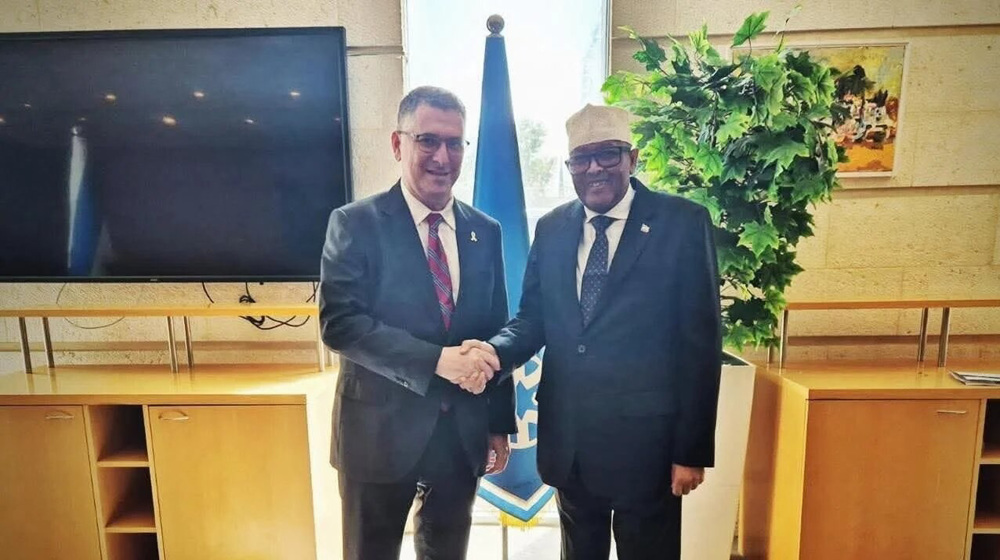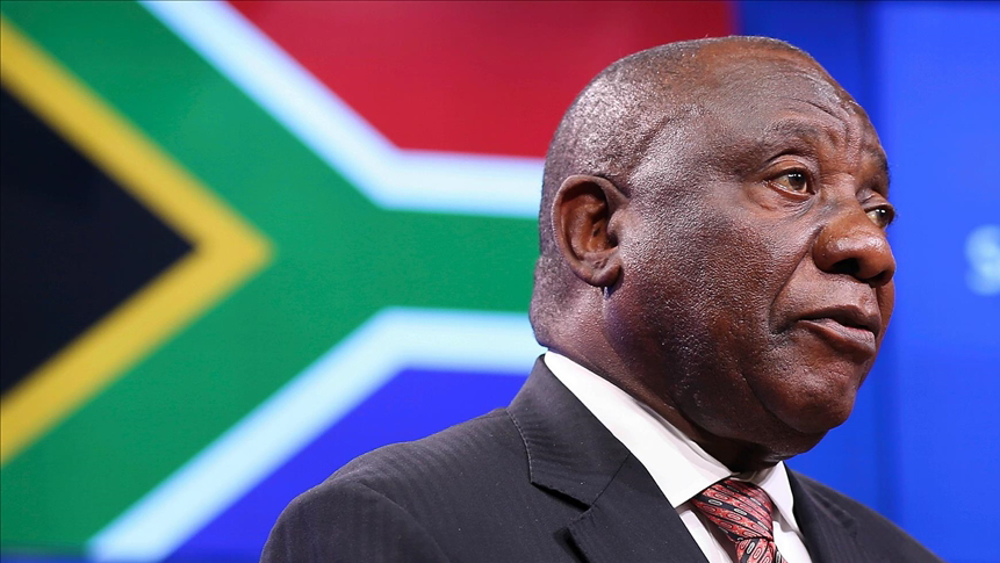Humanitarian crisis looming in Tanzania over Burundi refugees: WHO
The United Nations (UN)’s health agency has warned of a looming severe humanitarian crisis in Tanzania, which is facing an influx of Burundians escaping political unrest in their home country.
In a statement released on Tuesday, the World Health Organization (WHO) said the flow of Burundians into Tanzania, especially into its western village of Kagunga, was threatening the receiving country’s health infrastructure.
According to the statement, between 500 and 2,000 Burundians are entering Tanzania every day.
The WHO added that Kagunga’s current population is exceeding 90,000 people, a figure noticeably higher than its population of nearly 11,400 last month, when the unrest in Burundi had just started.
The UN agency also said that cases of acute diarrhea and cholera have been confirmed among the refugees in Tanzania, particularly in the Kigoma border region.
Burundi turmoil
Clashes erupted in Burundi in late April after President Pierre Nkurunziza launched a bid for a third consecutive term in office.

(© AFP)
Major General Godefroid Niyombare, a former intelligence chief, earlier this month led a coup attempt against Nkurunziza’s administration. The coup attempted failed, however, when factions of the army loyal to Nkurunziza cracked down on those participating in it.
Protesters view Nkurunziza’s intention to seek a third term as a clear violation of the constitution, which only allows two five-year terms for a president.
Nkurunziza, however, argues that he can still run for president as his rise to power after Burundi’s 12-year civil war back in 2005 did not come through direct voting.

Tens of people have been killed and dozens of others injured since late April, when the National Council for the Defense of Democracy-Forces for the Defense of Democracy, the ruling party in Burundi, nominated Nkurunziza as its candidate for the country’s June 26 presidential election.
So far, more than 105,000 Burundians have fled to Tanzania, Rwanda, and Congo.
SZH/KA/HJL
Araghchi slams World Economic Forum for canceling his invitation
Iran condemns Argentina’s unfounded accusations against IRGC
VIDEO | Fighting British state
Pezeshkian calls recent riots in Iran part of ‘failed’ US-Israeli war
VIDEO | Iran unity nullifies sedition
UK ‘preemptively’ discharges pro-Palestine hunger strikers recovering in hospital
US dollar falls in Iran amid rising export currency supply
Trump’s ‘Board of Peace’ for Gaza an extension of Israeli occupation: Ex-UN rights chief










 This makes it easy to access the Press TV website
This makes it easy to access the Press TV website